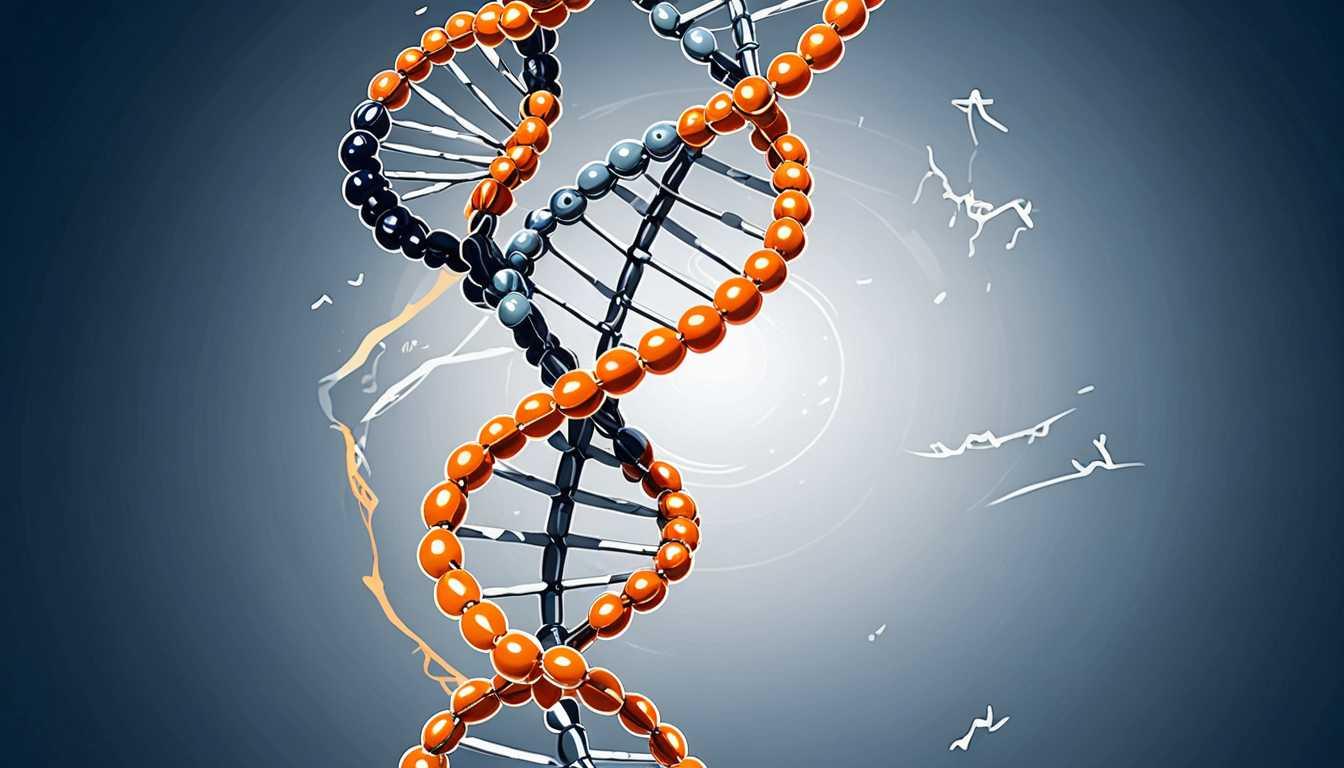Timing Matters: The Science of Drug Efficacy
June 2024
MIT Technology Review
Introduction
Hey there, future scientists! Did you know that the time you take your medicine could actually make a difference? According to an eye-opening article from MIT Technology Review, researchers have discovered that our liver's performance changes throughout the day, impacting how drugs work and breaking down harmful by-products. They’ve even pinpointed over 300 liver genes that follow a daily rhythm! So, whether it’s Tylenol or a cancer treatment, timing could be the secret ingredient. Dive into this fascinating read and learn how our body's clock can fine-tune medical breakthroughs!
READ FULL ARTICLEWhy It Matters
Discover how this topic shapes your world and future
Timing is Everything in Medicine!
Have you ever wondered why some medications seem to work better at certain times of the day? It turns out, researchers at MIT have discovered that our bodies, especially our livers, follow a natural rhythm called a circadian clock. This means that the effectiveness of drugs can vary depending on when they're taken, which could lead to smarter, more personalized medicine. When you understand how this works, it not only helps you appreciate the science behind your health but could also inspire you to think about how timing affects other areas of life—like studying for a test or practicing a sport. With over 300 liver genes playing a role in how drugs are processed, the implications of this research could lead to groundbreaking changes in how we treat diseases globally, making treatments safer and more effective for everyone.
Speak like a Scholar
Circadian Clock
A natural internal process that regulates sleep and wake cycles, roughly following a 24-hour cycle. It influences various biological processes, including when you feel awake or sleepy.
Metabolism
The biochemical processes that occur within a living organism to maintain life, including converting food into energy and breaking down drugs.
Enzymes
Proteins that act as catalysts to speed up chemical reactions in the body, such as breaking down medications.
Inflammation
A natural response of the body to injury or infection, which involves increased blood flow and immune activity to help heal and fend off illness.
Toxicity
The degree to which a substance can harm living organisms, in medicine, it refers to harmful effects that drugs can have on the body.
Pharmacology
The branch of medicine that focuses on drugs, their effects, and how they are used to treat diseases.
Independent Research Ideas
The Role of Circadian Rhythms in Mental Health
Investigate how the timing of medication affects mental health conditions like depression or anxiety. Exploring this could reveal new ways to enhance treatment outcomes.
Chronobiology in Sports Performance
Study how athletes can optimize their training and performance based on their body’s natural rhythms. This could lead to improved strategies for timing workouts and competitions.
Personalized Medicine and Genetic Factors
Explore how individual genetic differences can affect drug metabolism and effectiveness. This research could open doors to more tailored healthcare solutions.
Impact of Meal Timing on Drug Efficacy
Research how the timing of meals influences how drugs are broken down and utilized in the body. This could lead to innovative approaches to dietary recommendations alongside medications.
Circadian Influence on Infectious Diseases
Examine how different infections respond to treatment based on the time of day, focusing on diseases like malaria. This could offer new insights into better treatment strategies during outbreaks.
Related Articles

Eye Protein: A Potential AMD Game Changer
June 2024
University of Bristol

HIV Research: The Unexpected Medical Revolution
December 2024
Harvard Gazette

Life Support Decisions: A Second Look
May 2024
Harvard Gazette

Ultrasound: A Game Changer for Brain Health
June 2024
MIT News

Smoke Signals: Unraveling Parkinson's Mystery
August 2024
Harvard Gazette